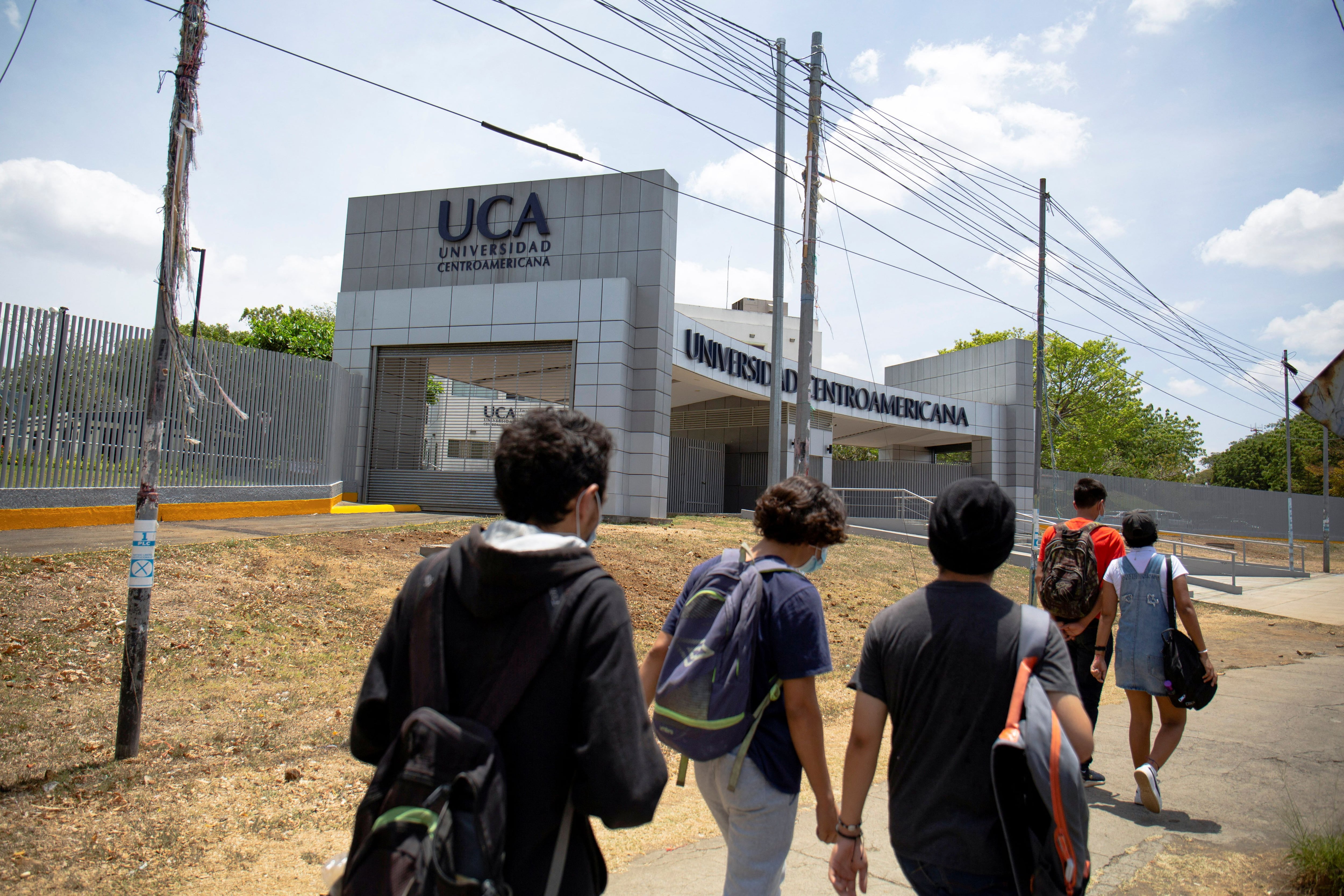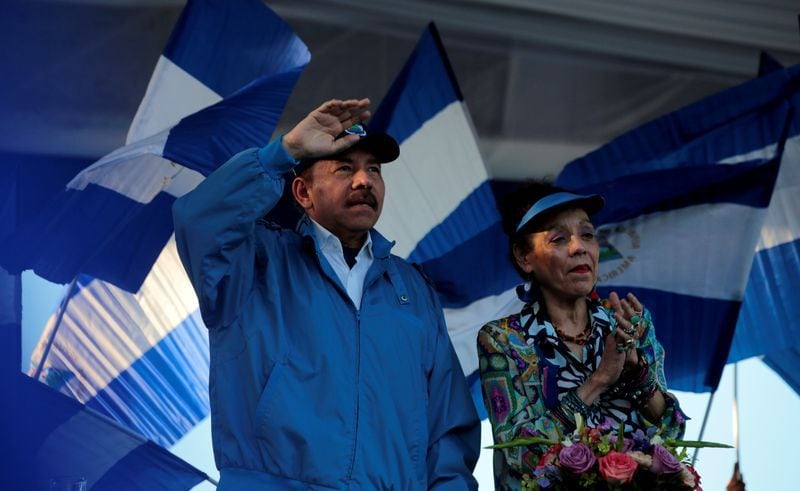
Nicaragua's Parliament, dominated by President Daniel Ortega, approved reforms on Thursday that, according to experts, will weaken the autonomy of universities amid new rules that strengthen government control over curricula, programs and chairs.
The law establishes the National Council of Universities (CNU), of the Sandinista regime, as the main governing body of the sector, taking precedence over the committees of academic experts that currently hold such faculty in each institution.
“This reform kills the university autonomy that has cost so much blood in Nicaragua,” said academic Ernesto Medina, former rector of the National Autonomous University of Nicaragua, the largest in the country.
The reform also eliminates public funding for the Central American University (UCA), a Jesuit institution critical of Ortega's administration and the cradle of the anti-government protests that broke out in the Central American country in 2018. The government deputies argued that the reform seeks to strengthen higher education.
“It is a revenge against the UCA, for the role its students have played in the April 2018 rebellion,” said the professor of constitutional law, María Asunción Moreno.

The reform incorporated three universities recently created by the Ortega regime into CNU.
In recent months the Nicaraguan Parliament has closed 14 private universities on the grounds that they had failed to comply with their obligations to the governing body. The opposition has said it is an attempt by the regime to take control of critical universities in Ortega.
NGO CONTROL
On the other hand, Parliament also urgently passed a law on Thursday that will regulate and control non-governmental organizations (NGOs), of which more than 100 have been banned in the last four years.
The General Law on Regulation and Control of Non-Profit Organizations was approved with the vote of the 77 Sandinista deputies and their allies, with 12 abstentions, zero against and two who did not exercise their right to vote. The Sandinista legislator Loria Raquel Dixon, who presented the initiative, explained in plenary that this law replaces the previous legislation, the General Law on Non-Profit Legal Entities, approved on March 19, 1992 and was in force for 30 years.
The new regulations give greater powers to the Ministry of the Interior and the General Directorate of Registration and Control of Non-Profit Organizations to regulate and control NGOs, Dixon said. “It will improve their capacity and coverage for effective and effective law enforcement. In addition, it includes the minimum content of the constituent instruments and statute”, he assured.

“The International Financial Action Group (FATF), of which the State of Nicaragua is a subscriber, stated that non-profit organizations (NPOs) play a vital role in the national economy and society,” Dixon said in the initiative. “However, that same body in its ongoing international campaign against money laundering and terrorist financing has demonstrated that NPOs are likely to be used by transnational organized crime,” he argued in the document.
He said that this law will promote “practices of transparency in the execution of projects of a religious, charitable, civil, social, cultural and educational nature developed by the initiative establishes the powers of the Ministry of the Interior and the General Directorate of Registration and Control of Non-Profit Organizations”.
Fifteen days ago, President Daniel Ortega's regime reaffirmed its hard line with the outlawing of 25 other NGOs, including an association of journalists, another one supporting freedom of the press and expression, an environmentalist, and other women's, indigenous and human rights defenders.
With the cancellation of these 25 organizations, including the Nicaraguan subsidiary of Operación Sonrisa, 112 local NGOs have been canceled since December 2018, eight months after a popular revolt broke out over controversial social security reforms described as an attempted coup d'état by the Ortega regime.
With information from Reuters and EFE
Keep reading:
Últimas Noticias
Debanhi Escobar: they secured the motel where she was found lifeless in a cistern
Members of the Specialized Prosecutor's Office in Nuevo León secured the Nueva Castilla Motel as part of the investigations into the case

The oldest person in the world died at the age of 119
Kane Tanaka lived in Japan. She was born six months earlier than George Orwell, the same year that the Wright brothers first flew, and Marie Curie became the first woman to win a Nobel Prize

Macabre find in CDMX: they left a body bagged and tied in a taxi
The body was left in the back seats of the car. It was covered with black bags and tied with industrial tape
The eagles of America will face Manchester City in a duel of legends. Here are the details
The top Mexican football champion will play a match with Pep Guardiola's squad in the Lone Star Cup

Why is it good to bring dogs out to know the world when they are puppies
A so-called protection against the spread of diseases threatens the integral development of dogs




